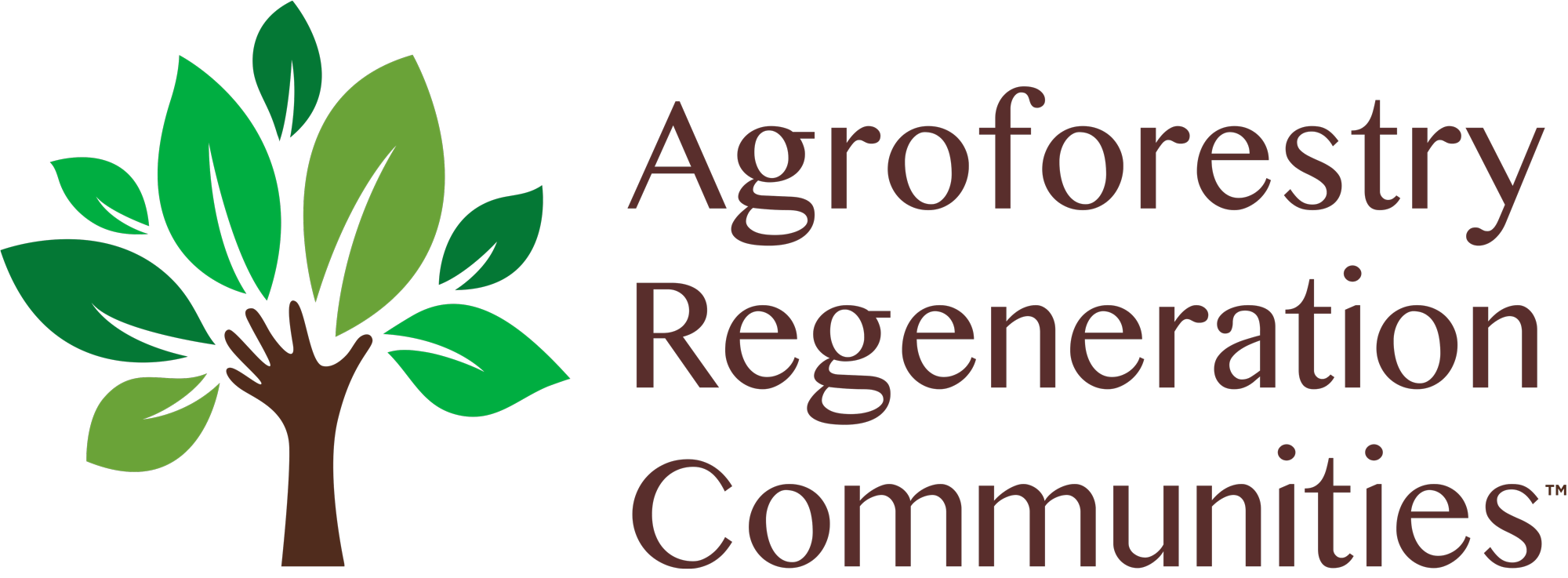Syntropic & Permaculture Solutions
Update ReportBuilding Sustainable Futures
Regeneration, tradition & empowerment
This project update highlights the progress of a training center in Mwingi, Kenya, which merges sustainable building practices with agroforestry regeneration to empower local communities.
The initiative reflects a powerful fusion of heritage and innovation, fostering skills, sustainability, and long-term ecological and economic benefits for the region.
Vernacular Construction Training Center
Our agroforestry regeneration efforts have taken an exciting new direction with the launch of a vernacular construction training center called Kwetu Regenerative Hub. It is located deep in the hills of Kitui County. This initiative combines sustainable building practices with agroforestry, creating a holistic approach to community empowerment and environmental stewardship.
Funding achieved
Thanks to a $5,000 grant from the Agroforestry Regeneration Communities, we’ve begun constructing a house that will serve as the foundation for the future training center. While the funds are currently allocated to the house, this marks a critical first step toward realizing the whole vision.
Construction Milestones
- The team has completed the first layer of cob (a sustainable mix of clay, sand, cow dung, and hay) and plans to return soon to apply the next layer.
- Each layer requires two weeks to dry, with a total of three layers needed before plastering with a lime finish.
- Weather permitting, we anticipate completing the structure in 1-2 months.
Site and Vision
- The center is situated in a serene, picturesque location, ideal for fostering learning and relaxation.
- The use of cob construction reflects our commitment to low-cost, eco-friendly solutions that align with local traditions and resources.
- For inspiration, the team has been exploring global vernacular techniques
Challenges and Learnings
- Initial miscalculations by hired technicians led to budget adjustments, but the team has adapted and remains on track.
- The project has already engaged 10 women and 10 youth, offering them hands-on experience in sustainable construction.
Next steps
- Complete the installation of solar energy for off-grid electricity and finish the ceiling of the house (main structure is almost finished).
- Expand water harvesting capacity beyond the existing two 10,000-liter tanks that were quickly filled during rainy season, to better support basic needs and irrigation for newly planted trees on the compound.
- Seek additional funding to expand the training center's facilities and programs.
- Integrate the center with our agroforestry projects, offering workshops in both sustainable construction and food forest development.
Gratitude
What began as emergency aid has blossomed into a blueprint for blending immediate relief with agroecological transformation. As climate extremes intensify, our work in Malawi proves that resilience grows from the ground up; rooted in community partnership and nature-based innovation.

